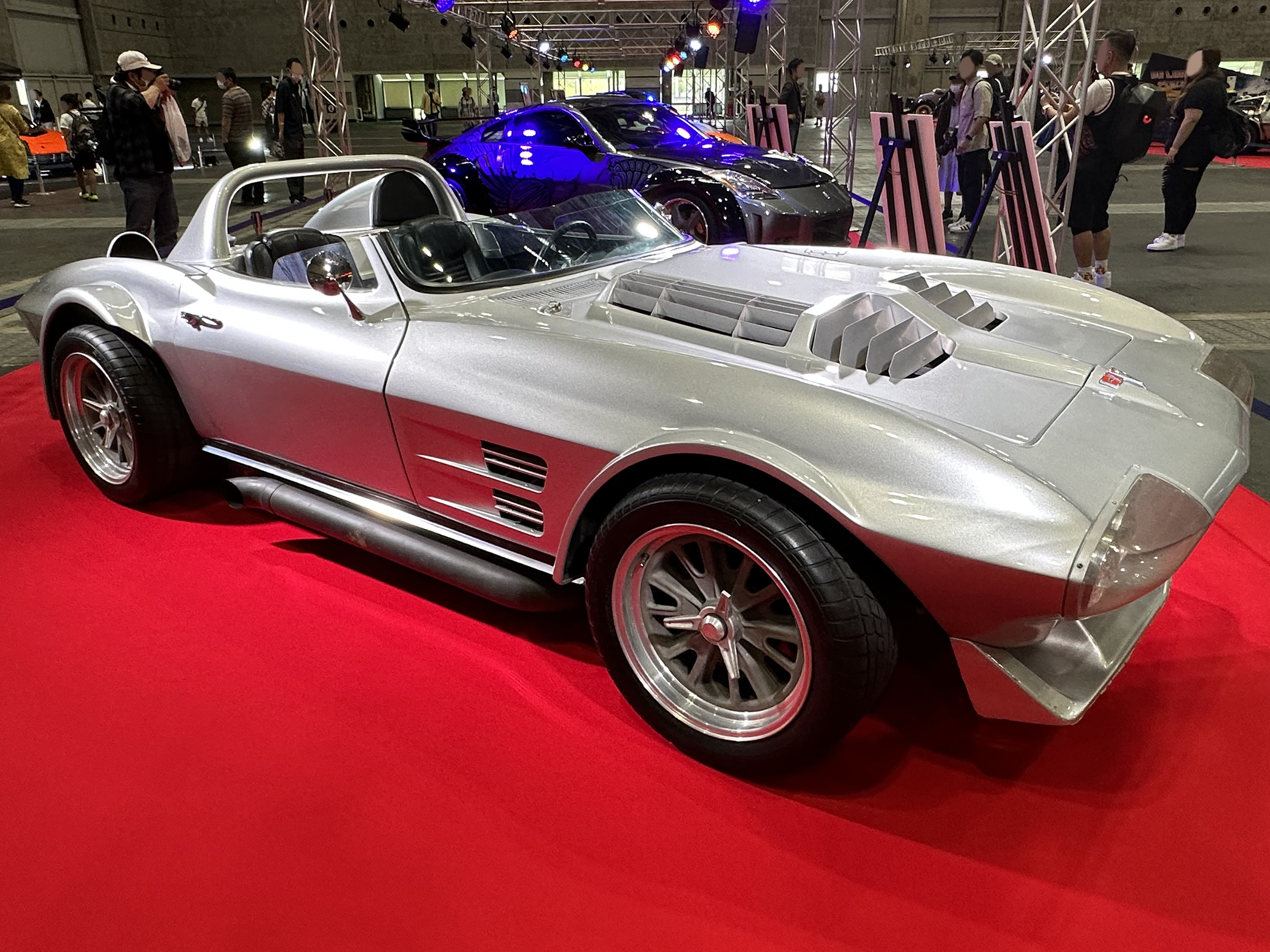
In a significant move within the electric vehicle (EV) sector, EVject has decided to recall its V1.0 and V1.1 Escape Connectors following a lawsuit from Tesla, which has garnered considerable attention and highlights the ongoing tension between new accessory innovators and established car manufacturers.
The EVject Escape Connector was created to allow Tesla owners to quickly disconnect from a Supercharger in emergencies, such as carjackings, but Tesla’s lawsuit claims that the connectors can dangerously overheat—reaching up to 212 degrees Fahrenheit (100 degrees Celsius)—due to a lack of built-in thermal protection, raising concerns about potential fire risks and prompting Tesla to take legal action.
In response, EVject has proactively recalled the affected connectors, acknowledging the lack of thermal protection in the V1.0 and V1.1 models in a customer email, although they noted no reported incidents related to the connectors. EVject also expressed their intention to maintain a positive relationship with Tesla, stating, “We want to be good partners with Tesla,” and have ceased selling the V1.0 and V1.1 connectors as part of this effort.
To further address safety concerns, EVject is offering customers a complimentary upgrade to the V1.2 Escape Connector, which includes built-in thermal protection. This new version is designed to meet Tesla’s safety standards and will work with all current Tesla charging options and vehicles. EVject’s email reassured customers that the V1.2 connector would feature advanced thermal sensors, improved temperature monitoring, and compliance with the latest charging recommendations.
The V1.2 Escape Connector is priced at C$410/US$299, and customers who return their older V1.0 or V1.1 models will receive a credit towards the new product. However, the V1.2 connectors are not expected to ship until later this year, so some customers will need to wait.
The recall and lawsuit have ignited a lively discussion within the EV community. Many Tesla owners and enthusiasts have taken to social media, urging Tesla to work with EVject instead of pursuing legal action. Tesla CEO Elon Musk has acknowledged these concerns and hinted that he would look into the issue further. This suggests that Tesla is not only focused on protecting its brand but is also responsive to the feedback from its customer base.

The expansion of the EV market means this lawsuit’s implications extend beyond just the case between EVject and Tesla, raising important issues about product safety, consumer protection, and the role of accessory makers in ensuring their products are safe for use with established brands. The outcome of this case could set a precedent for how aftermarket products are regulated and marketed in the rapidly evolving EV industry.
The recall of EVject’s connectors highlights the critical importance of safety in the EV industry. As more people transition to electric vehicles, the demand for compatible accessories is increasing, emphasizing the need for rigorous testing and adherence to safety standards to protect consumers and maintain confidence in the EV market.
This situation marks a pivotal moment in the EV accessory market, pointing to the delicate balance between innovation and safety and emphasizing the need for cooperation between manufacturers and accessory makers. As the industry continues to evolve, it will be crucial for all involved to prioritize consumer safety while also fostering innovation. The future of EV accessories will likely depend on how well companies manage these challenges and work together to ensure their products meet the highest safety standards.
The rollout of the V1.2 Escape Connector will be closely watched by the EV community. This situation has sparked considerable interest, and its development could influence the future of electric vehicle accessories. It’s clear that the industry is at a crucial juncture, and how companies handle these challenges will be important for setting standards and ensuring both safety and innovation in the EV market.
Related posts:
EVject agrees to recall following Tesla lawsuit
Tesla and accessory maker EVject find common ground
Tesla’s tight grip on repairs sparks courtroom showdown





